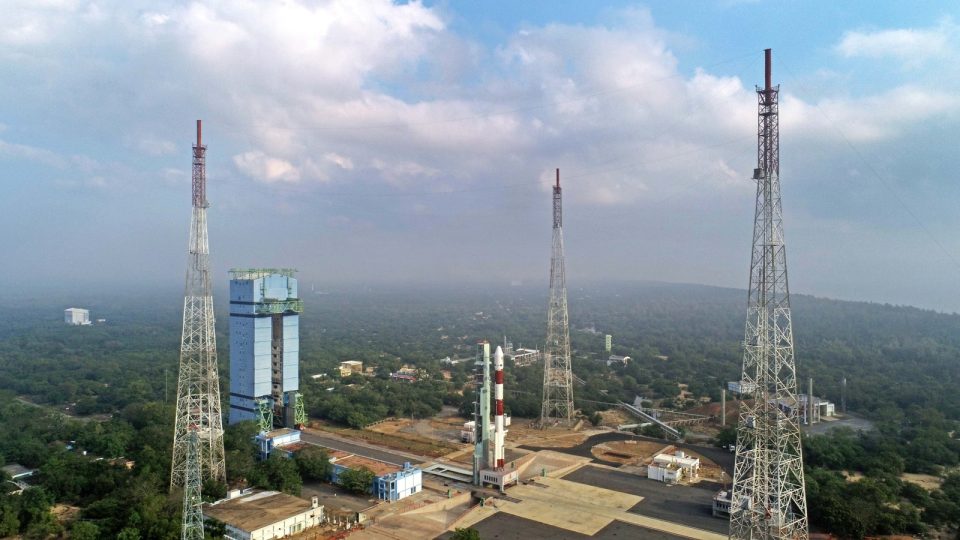The Indian Space Research Organisation (ISRO) successfully deployed India’s first X-ray Polarimeter Satellite (XPoSat) into Low Earth Orbit on the first day of 2024, making India the second country after the US to launch a satellite to study X-ray polarisation.
ISRO announced that its 44.4-metre tall Polar Satellite Launch Vehicle-C58 (PSLV-C58) carrying XPoSat and 10 other experimental payloads blasted off from the first launch pad at the Satish Dhawan Space Centre in Sriharikota.
The XPoSat is India’s first dedicated scientific satellite to carry out research in space-based polarisation measurements of X-ray emissions from celestial objects, including black holes. X-ray polarisation is a crucial diagnostic tool for examining celestial sources’ radiation mechanism and geometry.
The XPoSat carries two payloads: the Polarimeter Instrument in X-rays (POLIX) and X-ray Spectroscopy and Timing (XSPECT). Raman Research Institute designed the primary payload POLIX to measure polarimetry parameters, and XSPECT was built by the Space Astronomy Group of the UR Rao Satellite Centre (URSC).
According to the ISRO, there are three objectives of XPoSat- to measure the degree and angle of polarisation of X-rays in the energy band 8-30 kiloelectronvolt (keV) emanating from around 50 potential cosmic sources through Thomson Scattering by POLIX payload, to carry out long-term spectral and temporal studies of cosmic X-ray sources in the energy band 0.8-15keV by XSPECT payload and to carry out polarisation and spectroscopic measurements of X-ray emissions from cosmic sources by POLIX and XSPECT payloads, respectively, in the common energy band.
The other 10 payloads are from TakeMe2Space, LBS Institute Technology for Women, K J Somaiya Institute of Technology, Inspecity Space Labs Private Ltd, Dhruva Space Private Ltd, Bellatrix Aerospace Private Ltd (two payloads) and three payloads from the ISRO.
 Live
Live

